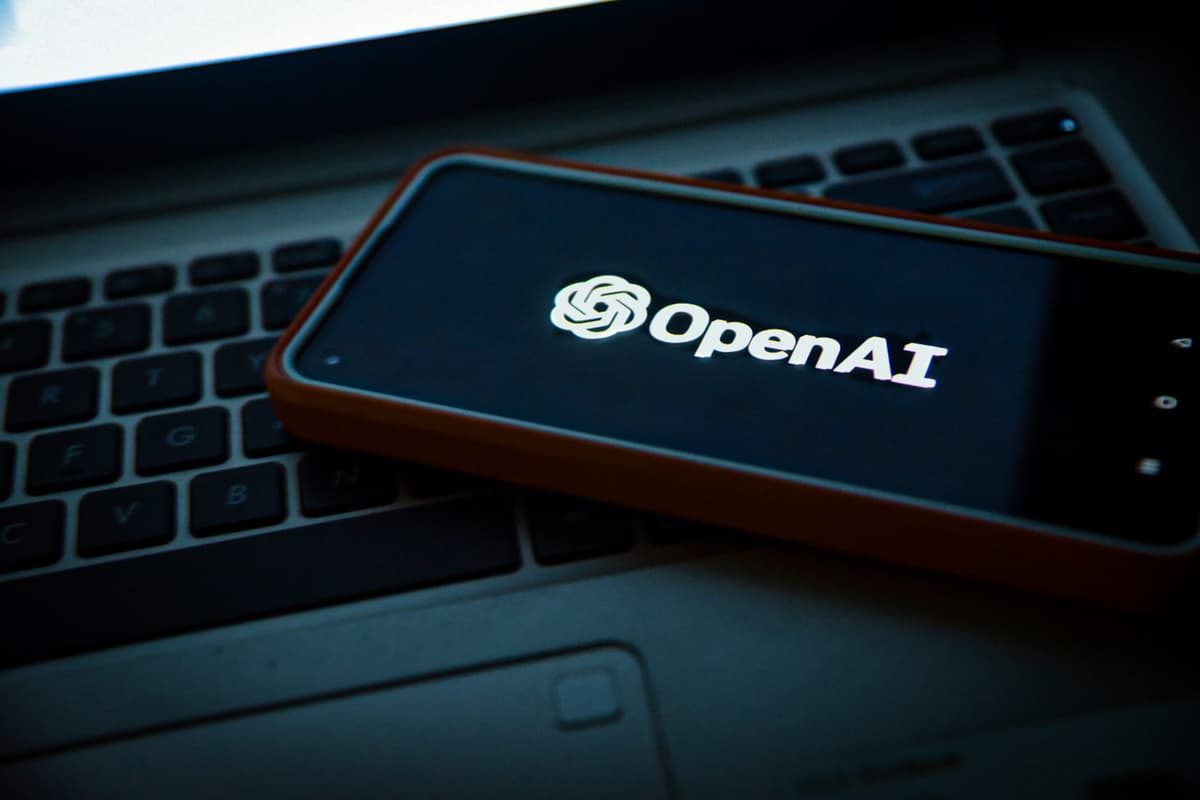Content Marketing vs Digital Marketing: What’s the Difference?

Introduction: Why This Distinction Matters
“Content marketing” and “digital marketing” are often used interchangeably, but they are not the same. Understanding the difference is essential for businesses deciding where to invest their time, budget, and strategy. This guide unpacks Content Marketing vs Digital Marketing, showing how they connect, where they diverge, and why both matter for sustainable growth.
What is Content Marketing?
Content marketing is all about creating and distributing valuable, relevant, and consistent content to attract and engage a clearly defined audience. Instead of directly pitching products or services, content marketing focuses on storytelling, education, and providing solutions.
Examples include blog posts, case studies, videos, podcasts, whitepapers, infographics, and even interactive tools. The ultimate goal is to build trust, nurture long-term relationships, and position a brand as an authority in its field.

What is Digital Marketing?
Digital marketing is the umbrella term for all marketing activities that use digital channels to reach an audience. It’s broad, encompassing everything from search engine ads to influencer collaborations.
Key elements include:
- Search Engine Marketing (SEM/PPC) – Paid ads on platforms like Google Ads.
- Search Engine Optimization (SEO) – Improving organic visibility in search results.
- Social Media Marketing – Running campaigns on platforms like LinkedIn, Instagram, or TikTok.
- Email Marketing – Direct communication with audiences through newsletters and promotions.
- Affiliate & Influencer Marketing – Partnerships with third parties to extend reach.
- Digital marketing is the strategy of distribution and promotion across online platforms.

What is Content Marketing?
Content marketing is a subset of digital marketing that focuses on creating valuable, relevant, and consistent content to attract and engage a defined audience. Instead of purely promotional messages, content marketing seeks to build trust, authority, and long-term relationships.
Examples include:
- Blog posts and long-form guides
- Videos, podcasts, and webinars
- Infographics and visual storytelling
- Case studies, whitepapers, and eBooks
- Interactive tools or calculators
In other words: content marketing is the “what” being created, while digital marketing is the “how” it is distributed.
Content Marketing vs Digital Marketing: Key Differences
| Aspect | Content Marketing | Digital Marketing |
| Definition | Focused on creating valuable content for an audience | Broad strategy of promoting products/services through digital channels |
| Goal | Build trust, authority, and long-term engagement | Drive traffic, conversions, and brand visibility |
| Scope | Subset of digital marketing | Encompasses all online marketing activities |
| Examples | Blogs, videos, podcasts, eBooks | PPC ads, SEO, social media ads, email campaigns |
| Approach | Value-driven, educational, relationship-focused | Promotion-driven, often campaign-based |
How They Work Together
Content marketing and digital marketing are not competitors—they are partners. For instance:
- SEO needs content: Without high-quality content, SEO strategies cannot succeed.
- Paid ads need assets: PPC and social ads perform better when backed by engaging content.
- Email relies on value: Audiences are more likely to open and engage with emails that deliver insightful content, not just promotions.
Think of digital marketing as the engine, and content marketing as the fuel. Without fuel, the engine doesn’t run. Without an engine, the fuel has nowhere to go.
Why the Difference Matters in 2025
As AI and large language models (LLMs) become core to how users find information, the importance of well-structured, semantically rich content has skyrocketed. LLMs favor clear, authoritative, and contextually complete resources when surfacing or citing information.
That means:
- Content marketing must prioritize depth and clarity so LLMs can extract meaningful answers.
- Digital marketing must integrate new channels like AI-driven search results (e.g., Google’s AI Overviews, ChatGPT citations).
- A successful strategy in 2025 requires both.
- Practical Steps for Businesses
- Develop a content hub – Create a blog or resource center with evergreen guides and thought leadership pieces.
- Invest in distribution – Promote content through social ads, SEO, newsletters, and partnerships.
- Use structured data – Schema markup helps search engines and AI understand your content.
- Measure results – Track engagement, conversions, and citations across both strategies.
For reference, see Google’s SEO Starter Guide
for best practices on structuring content to maximize visibility.
Conclusion: Not “Either/Or” but “Both/And”
When comparing Content Marketing vs Digital Marketing, it’s not about choosing one over the other. Content marketing creates the substance; digital marketing ensures it reaches the right people at the right time. Together, they form a powerful, modern approach that builds authority, drives traffic, and fuels growth—both in search rankings and in AI-powered results.

 Search
Search PR
PR AI
AI Social
Social














